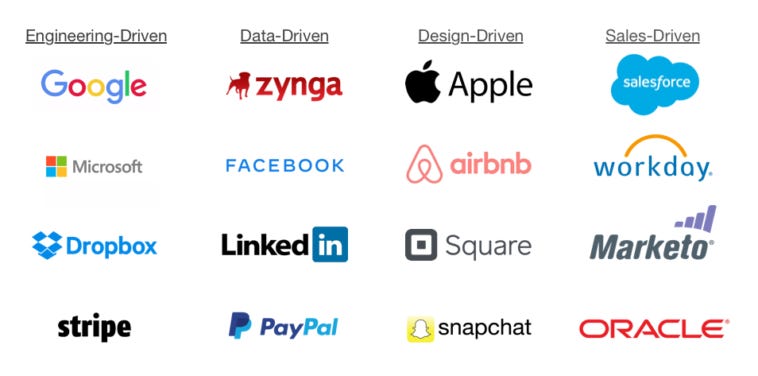From a blog to..billion dollar brand
+ Why Google created Android (ans: you know it now, but not then..)
Hey there!
We are taking a detour from news and bringing you a few ‘long shelf’ reads (not necessarily, long-forms).
In case, you haven’t subscribed to NextBigWhat Radio - just search for ‘nextbigwhat’ on your fav podcast app and we will see you there!
Why Google Did Android
Vic Gundara, the then-VP at Google on being asked why is Google doing Android:
“The iPhone is really good. The way things are going,Apple’s going to have a monopoly on Internet-capable mobile devices. That means they’ll be the gatekeepers for everything, including advertising, saying who can and can’t, setting prices, taking a cut. That’s an existential threat to Google. Android doesn’t have towin, to win. It just has to get enough market so there’s a diverse and competitive mobile-advertising market.” [Via]
So yeah, it’s all about ADS!
Ritesh Agarwal : This is the first time a major restructuring is happening
OYO’s Ritesh Agarwal in an interview: We have always acquired high-quality talent. This is the first time a major restructuring is happening at Oyo. We had two-three important learnings.
The first one is sustainable growth. For the first time we realised that there are specific suburban clusters we should invest more in, and there are clusters we need to invest less in.
Second, how do we build stronger customer trust? There were teams focusing on servicing and our partners were field based. We are centralising our teams.
Third, as Oyo has grown in multiple parts of the world, we believe that now we have sufficient technology and infrastructure to centralise roles to build shared services. [Via]
How Glossier turned itself into a billion-dollar beauty brand
When Glossier founder and CEO Emily Weiss first had the idea of launching a beauty startup, she began with a simple question: how could you make a beauty brand whose sweatshirt people would want to wear?
As founder of beauty blog Into the Gloss, which she started in 2010, Weiss had worked with household name beauty conglomerates on advertising and sponsorship deals, and found that many were struggling to engage with the new generation of millennial consumers. “I went through that exercise of looking across 20 or 10 beauty brands, thinking about whether or not I would buy that sweatshirt, wear that sweatshirt… I just kept coming up with the answer ‘no’,” she says. [Via]
News: Stop WhatsApp Pay Trials: Think Tank, CASC to Supreme Court
Centre for Accountability and Systemic Change (CASC), a think tank that had filed a public interest litigation before the Supreme Court last year against WhatsApp Pay, has sought an immediate rollback of the messaging app’s pilot project, which enables WhatsApp to extend the trial to 10 million users.
It is submitted that in any case, there cannot be any blanket permission for trials, and same should be restricted by duration, number of banks involved and monetary limits. WhatsApp on many occasions has claimed compliance with RBI data localization norms, even though RBI’s affidavit clearly proves that it is not the case,” the application stated.
If you still haven’t paid for the newsletter - the time do it is now ! (see: we ensure you are discovering new perspectives - we curate and we still don’t serve any ads on the newsletter).
Finding Product Culture Fit
Typically, there are four specific product cultures dominate tech companies: engineering-driven, data-driven, design-driven, and sales-driven product culture.
Engineering-driven product cultures often start with a unique technical insight that becomes the basis for their products. Larry Page and Sergey Brin’s Page Rank algorithm, for example, was the unique insight that enabled them to build the world’s most successful search engine. [Via]


